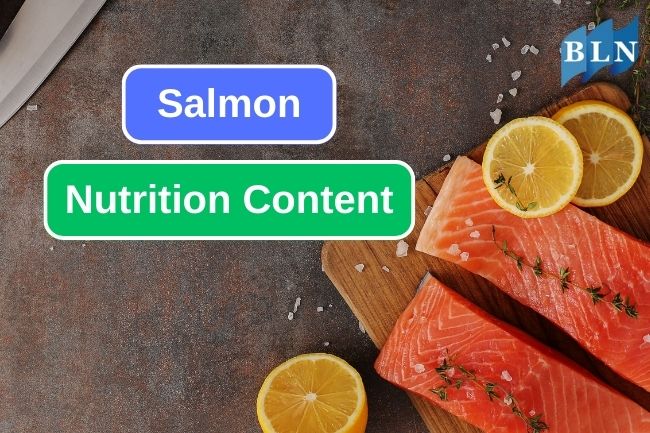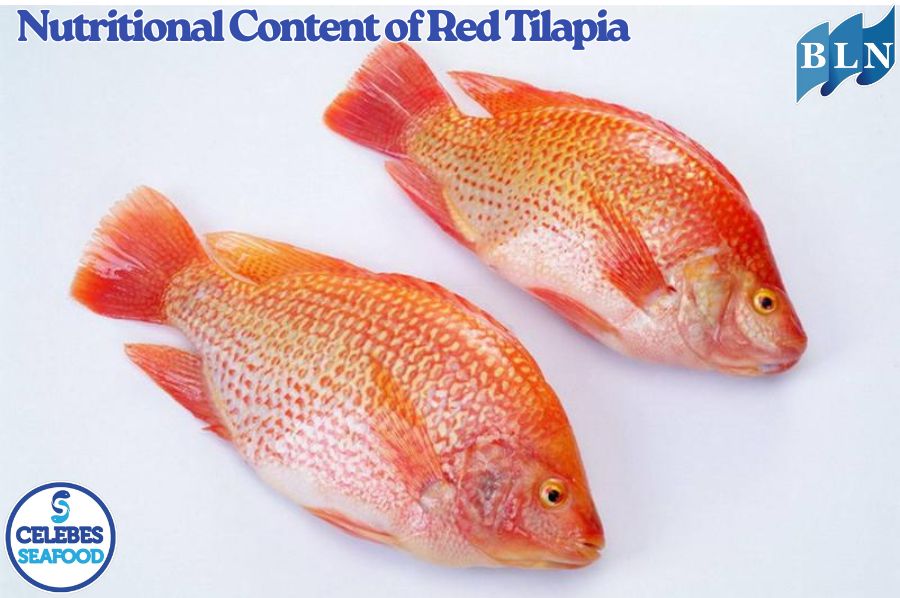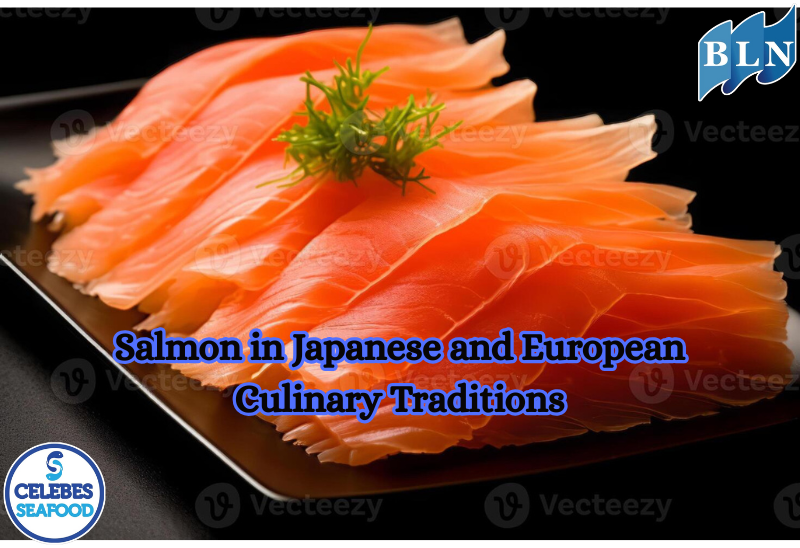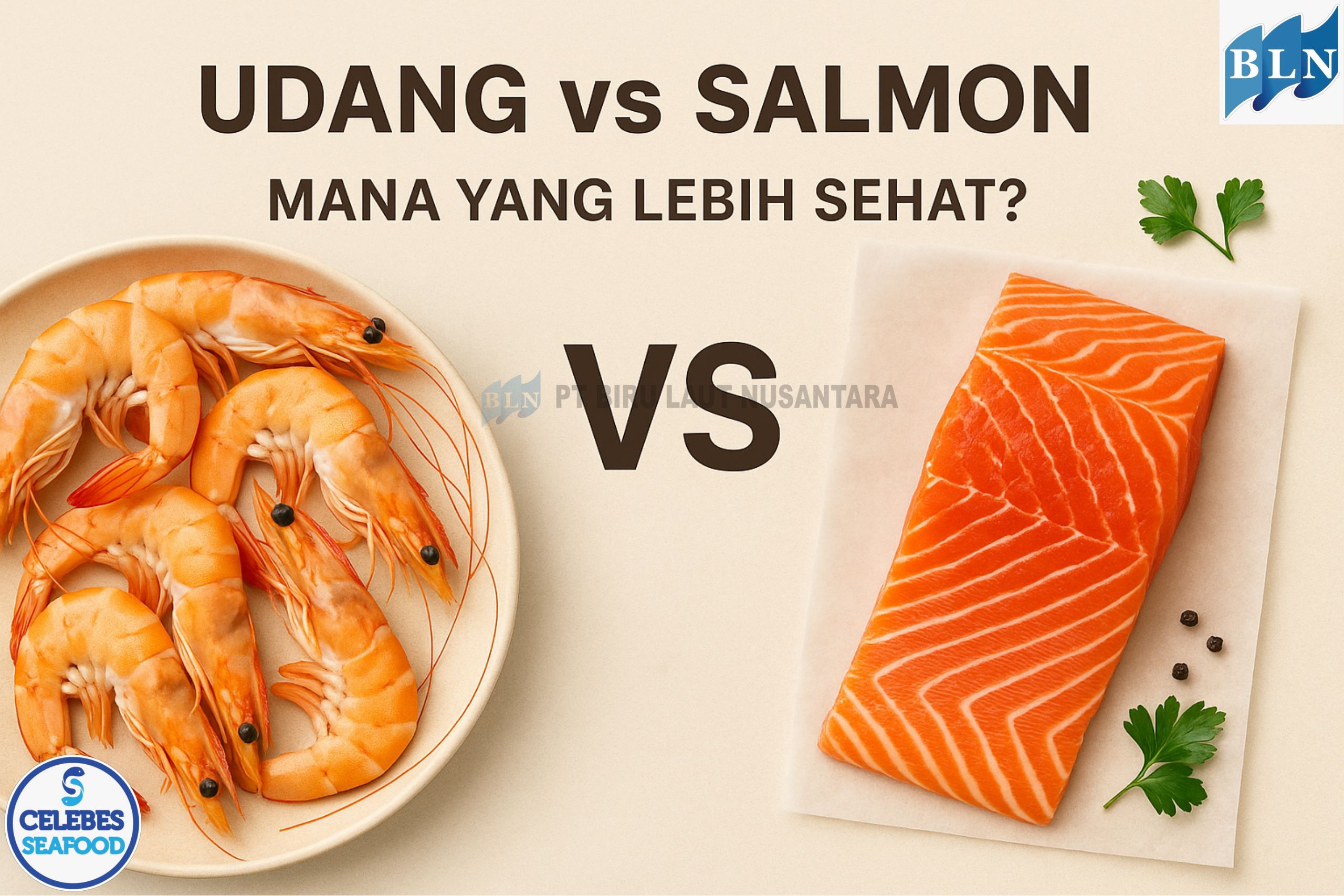You Should Know This Nutrition Content From Salmon
By. Nevanda - 04 May 2023
kelolalaut.com - Salmon is a type of fish that is popular as a food fish all around the world. It has a distinct, rich flavor that is often described as "earthy" or "oily." It has a slightly sweet taste and a firm, meaty texture. Salmon is a nutrient-dense food that is high in protein, omega-3 fatty acids, vitamin D, and several other important vitamins and minerals.
This fish can be prepared in a variety of ways, including grilling, baking, poaching, and smoking. It can also be served raw in sushi or sashimi. Salmon also used in a variety of dishes, including salads, sandwiches, pasta dishes, and soups. Nowadays, salmon is widely available in many parts of the world and is often farmed in addition to being caught in the wild.
Read also: 5 Choice Of Good Fish For Pregnant Women
Overall, salmon is a highly prized food fish that is valued for its unique flavor and high nutritional content. It is a versatile ingredient that can be used in many different types of dishes, and it is enjoyed by people all around the world.
Salmon is a nutrient-dense fish that is rich in several important vitamins and minerals. Here is a breakdown of the nutrition profile of a 100-gram serving of cooked salmon:
- Calories: 206
- Protein: 25.4 grams
- Fat: 10.5 grams
- Saturated Fat: 1.8 grams
- Omega-3 fatty acids: 1.8 grams
- Cholesterol: 55 milligrams
- Sodium: 50 milligrams
- Potassium: 363 milligrams
Salmon is also a good source of several vitamins and minerals, including:
- Vitamin B12: 53% of the Daily Value (DV)
- Vitamin D: 127% of the DV
- Selenium: 50% of the DV
- Niacin: 45% of the DV
- Vitamin B6: 20% of the DV
The omega-3 fatty acids found in salmon are particularly beneficial for heart health, brain function, and reducing inflammation in the body. Salmon is also a good source of high-quality protein, making it a great choice for people who are looking to build muscle or maintain a healthy weight. Overall, salmon is a nutrient-dense food that provides a wide range of health benefits.
Read also: Fried Oyster Recipe For Your Snack Idea








